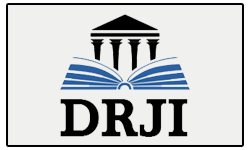Spectacle Wear Compliance in Primary School Children with Refractive Error in Addis Ababa
Abstract
Alemayehu Woldeyes Tefera and Firehiwot Temesgen
Purpose: Refractive error is a leading cause of visual impairment globally. Spectacle is the most cost-effective intervention used for correcting refractive error. Different factors affect spectacle wear compliance. This study assessed the spectacle wear com- pliance and determinant factors among school children with refractive error in Addis Ababa, Ethiopia.
Methods: This study was a cross sectional study with 318 study participants in primary school children of Addis Ababa. Mul- tistage sampling was used. The students were examined by a team of optometrists. A structured questionnaire used to collect demographic and clinical data, spectacle use, and reasons for not wearing spectacle. Ethical clearance obtained from IRB.
Results: The compliance of spectacle wear among primary school children in Addis Ababa was 35.2% (95% CI 30.0, 40.5). Factors associated with poor-compliance were being male (p < 0.001), having low power refractive error (< 5D) (p < 0.001), having negative attitude towards spectacle (p = 0.007) and prolonged spectacle use (>12 months) (p = 0.037). Non-compliance was not associated with age, type of refractive error and parental use of spectacle. The main reason for not-wearing spectacle were parental disapproval (20.2%) (95%CI 15.8, 24.6).
Conclusion: Spectacle wear compliance is very poor among children with refractive error. Health care intervention and school health programs need to address factors affecting compliance.



